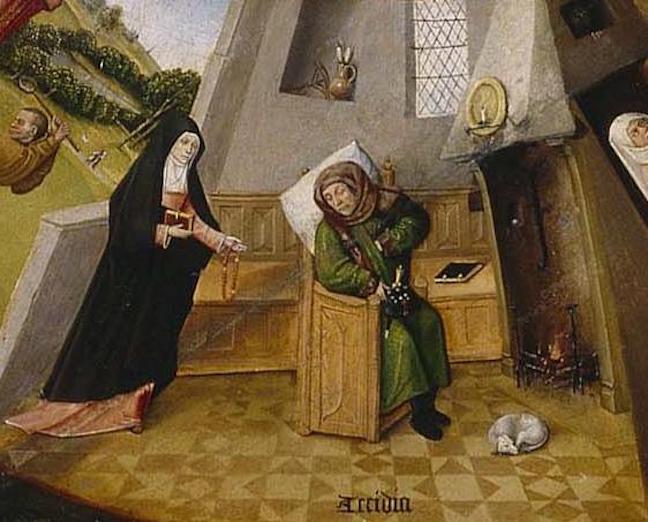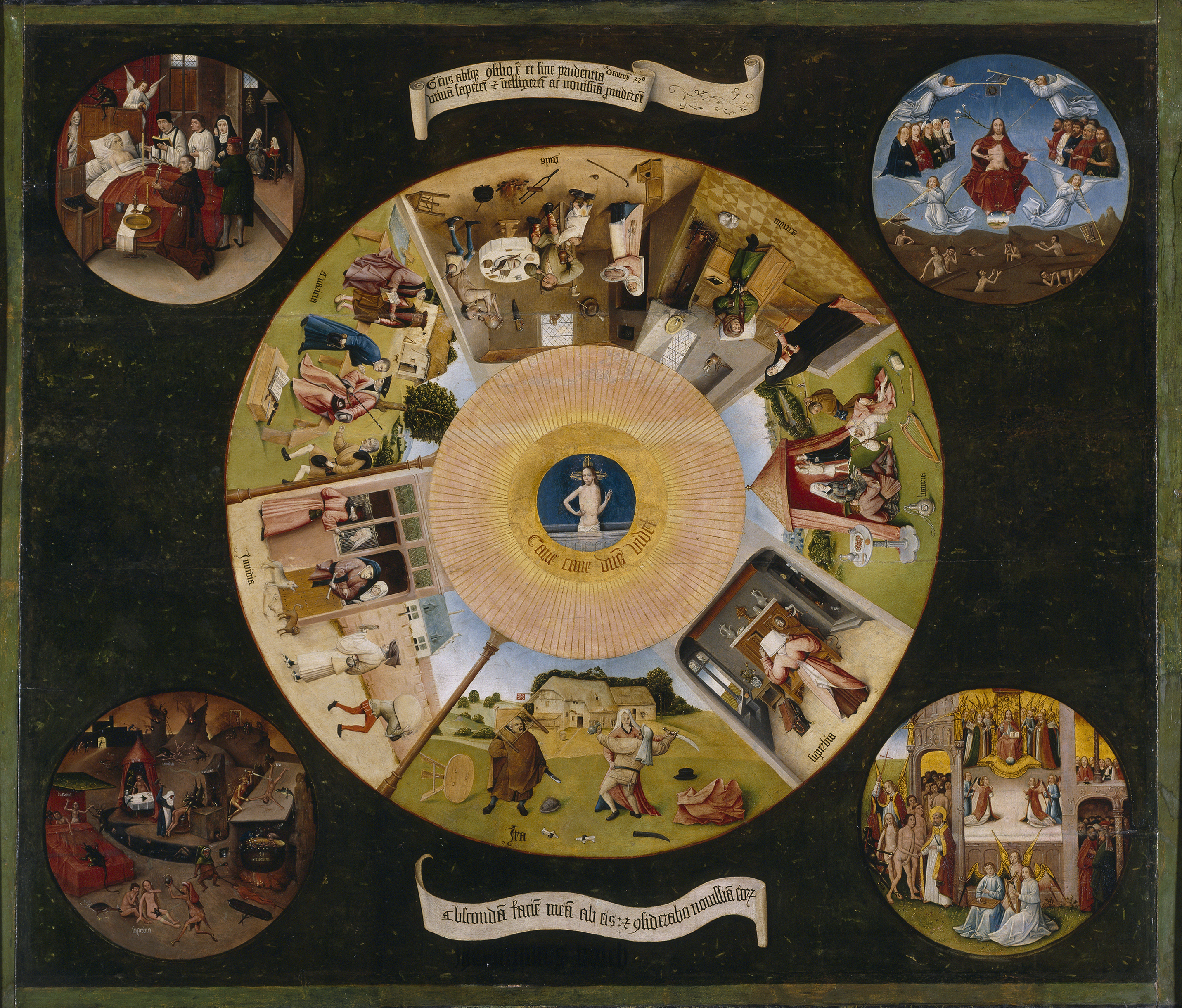Ideological defenders of homosexuality argue that all disapproval of homosexual conduct arises from “homophobia” and that all speech against homosexuality is, therefore, “hate speech.” In the United States, in recent decades, this campaign against homophobic hate speech has been very effective. Almost never nowadays does anybody dare to utter a public word of disapproval against homosexuality.
What about the Catholic Church? Has the homosexualist campaign against “hate speech” had the effect of silencing the Church, of preventing it from communicating its ancient teaching that homosexual sodomy is sinful?
If my anecdotal information is reliable, it is a rare priest who gets into the pulpit at a weekend Mass and reminds his parishioners that homosexual conduct is seriously sinful. In some cases, probably not many, this silence on the part of priests is the result of their disagreement with Church teaching on the subject.
But in most cases, their silence is likely just a matter of discretion (the kind of “discretion” that is, as Falstaff says, the better part of valor). Why upset parishioners, many of whom disagree with the Church teaching on homosexuality, and not a few of whom have friends or family members who are gay or lesbian? Let sleeping dogs lie.
“Besides,” the priest can say to himself every time he decides not to preach on this touchy topic, “everybody knows what the Church teaching is. No need for me to remind them.”
This is true to a certain extent. The Catholic Church is famous for its super-strict sexual ethic, according to which the only morally legitimate sex is that which takes place between husband and wife without contraception and within the context of monogamous marriage. If you know that, then you know that the Church condemns homosexual conduct. Leaving aside the fact that some people don’t actually know this (it’s amazing what perfectly obvious things some people don’t know), there is a distinction between believing something in the abstract and actually believing it.
Take, for example, another element of the Catholic sexual ethic: the teaching that marital contraception is a serious sin. “Everybody knows” in an abstract way that this is what the Church teaches, but not many American Catholics think this is what the Church actually believes. Why not? Because for a half-century, ever since Pope Paul VI reaffirmed the traditional Church teaching on this topic in his encyclical Humanae Vitae, parish priests have pretty much left the topic of contraception alone.

The priest knows that the younger married couples in his parish (if he’s lucky enough, in many places, to have any younger couples) are almost certainly practicing contraception, or are getting ready to practice it as soon as they achieve their desired quota of children; and he knows that many of his older parishioner couples used to practice it when the wife was still young enough to get pregnant.
So it is not a sin that is rare and almost unheard-of among his parishioners, like murder or bank robbery. To sermonize against murder or bank robbery would indeed be a waste of time. But to sermonize against contraception would be to call the attention of parishioners to a sin commonly committed in the parish. Yet for the priest to sermonize against contraception would be to antagonize parishioners and make himself unpopular. Better, then, to remain silent on the topic.
But this silence, when it persists year after year, decade after decade, pastor after pastor, gradually persuades the average person in the pews that the Church isn’t truly serious when it says that marital contraception is a serious sin. The Church must think that marital contraception is a minor sin or perhaps not a sin at all.
William Ellery Channing (1780-1842), often called “the father of American Unitarianism,” once wrote that Calvinism went into decline in and around Boston, not because Congregational ministers sermonized against Calvinist doctrines, but because they no longer preached in support of these doctrines. The anti-Calvinists didn’t preach against the doctrines of predestination, total depravity, the Trinity, the divinity of Christ, etc. They just remained silent about these matters. And then one day the best people in Boston woke up and realized that they were no longer orthodox Christians and had become Unitarians.
Something not very different from this is happening in American Catholicism with regard to homosexual behavior (not to mention other elements of Catholic sexual ethics). Perhaps no priest is preaching against the traditional Catholic teaching. But not many are preaching in support of it either. As a consequence, the moral disapproval of homosexual conduct that should be found and used to be found in the hearts and minds of Catholics is withering away.
And so the answer to the question I asked above – “Has the homosexualist effort to silence all criticism of homosexual behavior been effective among American Catholic priests?” – is a definite: YES.
The success of this “let’s silence the Catholic Church” campaign imposes, it seems to me, a fourfold obligation upon Catholic bishops and priests to preach vigorously against homosexual conduct. This must be done:
(1) in order that the Catholic moral doctrine regarding homosexuality not fade away;
(2) in order to say in no uncertain terms to pro-gay ideologues and their anti-Christianity allies, “You will not silence us on this or any other Christian topic”;
(3) in order to give encouragement to faithful Catholics, many of whom sometimes fear that the Church is about to discard or water-down this element and other elements of the Catholic faith. And
(4) it must be done to give encouragement to non-Catholic Christians who, whatever their disagreements with Rome, look to the Catholic Church as Christianity’s Rock of Gibraltar.
Catholics and everybody else, both friend and foe, must be assured that the Catholic Church is not about to walk down the path that has been trod by liberal Protestant churches; that is, it is not about to discard one element after another of Christianity, thereby drawing closer and closer to atheism.
*Image: Acedia (i.e. sloth) by Hieronymous Bosch, c. 1500-10 [Museo del Prado, Madrid]. This is a detail from The Seven Deadly Sins and the Four Last Things (below).
















